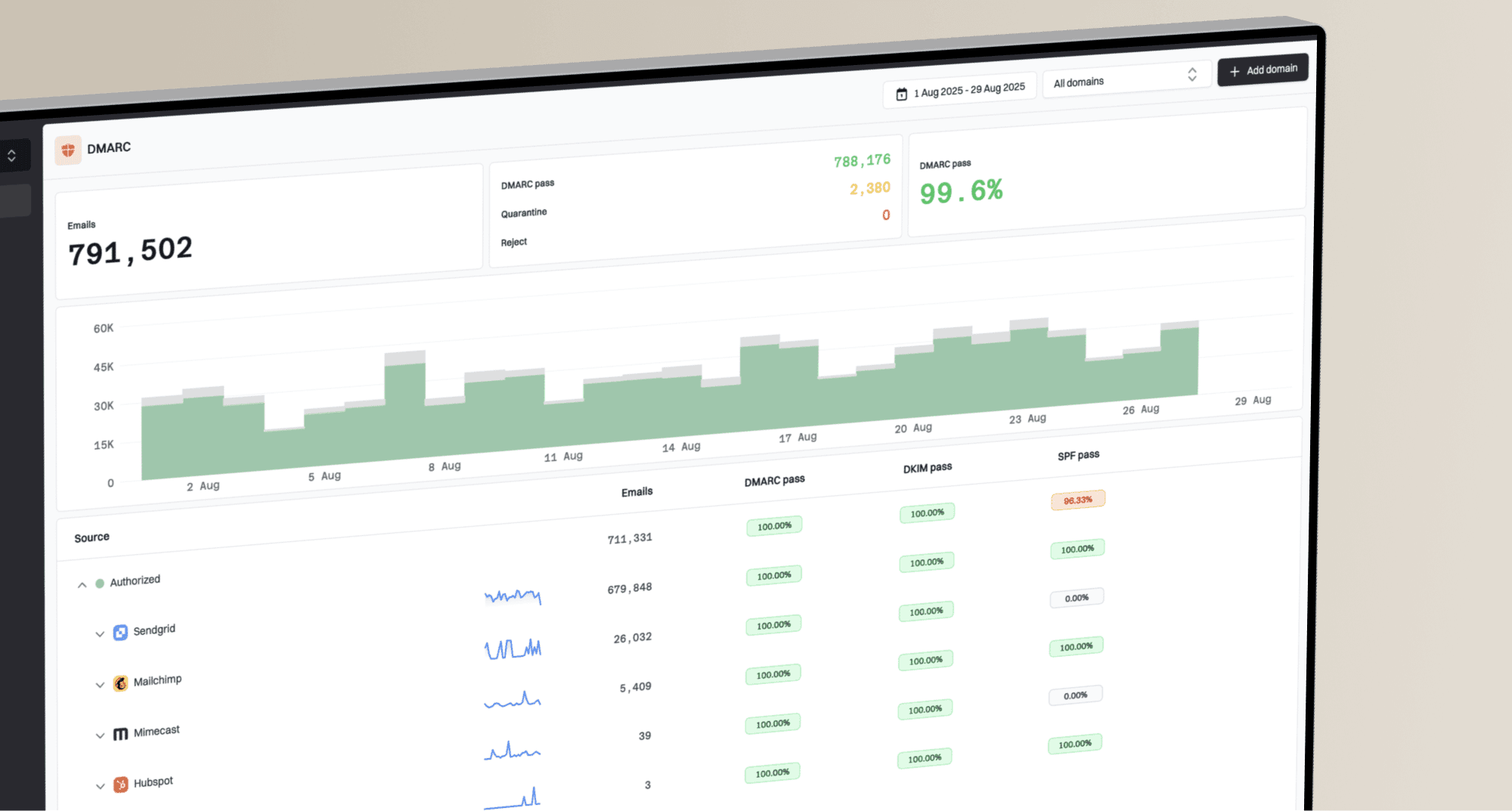8086 Consultancy MSRBL Virus Realtime Blacklist (RBL)


 Spamhaus
Spamhaus 0Spam
0Spam Cisco
Cisco NoSolicitado
NoSolicitado URIBL
URIBL abuse.ro
abuse.ro ALPHANET
ALPHANET Anonmails
Anonmails Ascams
Ascams BLOCKEDSERVERS
BLOCKEDSERVERS Calivent Networks
Calivent Networks EFnet
EFnet
 JustSpam
JustSpam Kempt.net
Kempt.net
 NordSpam
NordSpam RV-SOFT Technology
RV-SOFT Technology
 Scientific Spam
Scientific Spam Spamikaze
Spamikaze SpamRATS
SpamRATS SPFBL
SPFBL Suomispam
Suomispam System 5 Hosting
System 5 Hosting Team Cymru
Team Cymru Validity
Validity www.blocklist.de Fail2Ban-Reporting Service
www.blocklist.de Fail2Ban-Reporting Service ZapBL
ZapBL 2stepback.dk
2stepback.dk Fayntic Services
Fayntic Services ORB UK
ORB UK technoirc.org
technoirc.org TechTheft
TechTheft Spamhaus
Spamhaus 0Spam
0Spam Cisco
Cisco NoSolicitado
NoSolicitado URIBL
URIBL abuse.ro
abuse.ro ALPHANET
ALPHANET Anonmails
Anonmails Ascams
Ascams BLOCKEDSERVERS
BLOCKEDSERVERS Calivent Networks
Calivent Networks EFnet
EFnet
 JustSpam
JustSpam Kempt.net
Kempt.net
 NordSpam
NordSpam RV-SOFT Technology
RV-SOFT Technology
 Scientific Spam
Scientific Spam Spamikaze
Spamikaze SpamRATS
SpamRATS SPFBL
SPFBL Suomispam
Suomispam System 5 Hosting
System 5 Hosting Team Cymru
Team Cymru Validity
Validity www.blocklist.de Fail2Ban-Reporting Service
www.blocklist.de Fail2Ban-Reporting Service ZapBL
ZapBL 2stepback.dk
2stepback.dk Fayntic Services
Fayntic Services ORB UK
ORB UK technoirc.org
technoirc.org TechTheft
TechTheft Spamhaus
Spamhaus 0Spam
0Spam Cisco
Cisco NoSolicitado
NoSolicitado URIBL
URIBL abuse.ro
abuse.ro ALPHANET
ALPHANET Anonmails
Anonmails Ascams
Ascams BLOCKEDSERVERS
BLOCKEDSERVERS Calivent Networks
Calivent Networks EFnet
EFnet
 JustSpam
JustSpam Kempt.net
Kempt.net
 NordSpam
NordSpam RV-SOFT Technology
RV-SOFT Technology
 Scientific Spam
Scientific Spam Spamikaze
Spamikaze SpamRATS
SpamRATS SPFBL
SPFBL Suomispam
Suomispam System 5 Hosting
System 5 Hosting Team Cymru
Team Cymru Validity
Validity www.blocklist.de Fail2Ban-Reporting Service
www.blocklist.de Fail2Ban-Reporting Service ZapBL
ZapBL 2stepback.dk
2stepback.dk Fayntic Services
Fayntic Services ORB UK
ORB UK technoirc.org
technoirc.org TechTheft
TechTheft Spamhaus
Spamhaus 0Spam
0Spam Cisco
Cisco NoSolicitado
NoSolicitado URIBL
URIBL abuse.ro
abuse.ro ALPHANET
ALPHANET Anonmails
Anonmails Ascams
Ascams BLOCKEDSERVERS
BLOCKEDSERVERS Calivent Networks
Calivent Networks EFnet
EFnet
 JustSpam
JustSpam Kempt.net
Kempt.net
 NordSpam
NordSpam RV-SOFT Technology
RV-SOFT Technology
 Scientific Spam
Scientific Spam Spamikaze
Spamikaze SpamRATS
SpamRATS SPFBL
SPFBL Suomispam
Suomispam System 5 Hosting
System 5 Hosting Team Cymru
Team Cymru Validity
Validity www.blocklist.de Fail2Ban-Reporting Service
www.blocklist.de Fail2Ban-Reporting Service ZapBL
ZapBL 2stepback.dk
2stepback.dk Fayntic Services
Fayntic Services ORB UK
ORB UK technoirc.org
technoirc.org TechTheft
TechTheft Spamhaus
Spamhaus 0Spam
0Spam Cisco
Cisco NoSolicitado
NoSolicitado URIBL
URIBL abuse.ro
abuse.ro ALPHANET
ALPHANET Anonmails
Anonmails Ascams
Ascams BLOCKEDSERVERS
BLOCKEDSERVERS Calivent Networks
Calivent Networks EFnet
EFnet
 JustSpam
JustSpam Kempt.net
Kempt.net
 NordSpam
NordSpam RV-SOFT Technology
RV-SOFT Technology
 Scientific Spam
Scientific Spam Spamikaze
Spamikaze SpamRATS
SpamRATS SPFBL
SPFBL Suomispam
Suomispam System 5 Hosting
System 5 Hosting Team Cymru
Team Cymru Validity
Validity www.blocklist.de Fail2Ban-Reporting Service
www.blocklist.de Fail2Ban-Reporting Service ZapBL
ZapBL 2stepback.dk
2stepback.dk Fayntic Services
Fayntic Services ORB UK
ORB UK technoirc.org
technoirc.org TechTheft
TechTheftThe 8086 Consultancy MSRBL Virus Realtime Blacklist (RBL) is an IP-based blocklist that specifically lists hosts found to be sending viruses. The zone for this blacklist is virus.rbl.msrbl.net. Its primary goal is to provide system administrators with a tool to identify and flag potentially harmful incoming connections. This service enables mail and web servers to avoid wasting resources processing requests from hosts that are likely infected with malware.
Unlike some other blocklists, MSRBL's operators advise against using their lists to outright block all mail. Instead, they recommend using this realtime blacklist (RBL) to reduce the system resources required to process email and check for virus content. They state that systems should still use a dedicated antivirus product. This policy means it functions more as a filtering aid than a definitive blocking mechanism.
This particular blacklist is operated by Chris Burton of 8086.net Consultancy, a company based in the United Kingdom.
Removal from this blocklist is an automated process. An IP address is automatically delisted 3 days after the last report of malicious activity was received. There is no manual delisting process or form to submit. If your IP continues to be flagged, it means new reports are being received.
Before you can expect to be delisted, you must ensure your systems are no longer sending viruses. The operators recommend taking the following steps:
The impact of being listed on the 8086 Consultancy MSRBL Virus Realtime Blacklist (RBL) is generally considered low. This is because the blacklist operators themselves advise system administrators not to use the list to block mail entirely. Instead, its intended use is to help manage system resources by identifying potentially harmful traffic.
Furthermore, the operators allow Internet Service Providers (ISPs) to request that their mail server IPs be whitelisted to prevent potential damage from legitimate mail being flagged. This policy, combined with the intended use as a resource-saving tool rather than a strict blocking mechanism, means that being on this specific blacklist or blocklist is less likely to cause a severe email deliverability issue compared to more aggressive lists.
